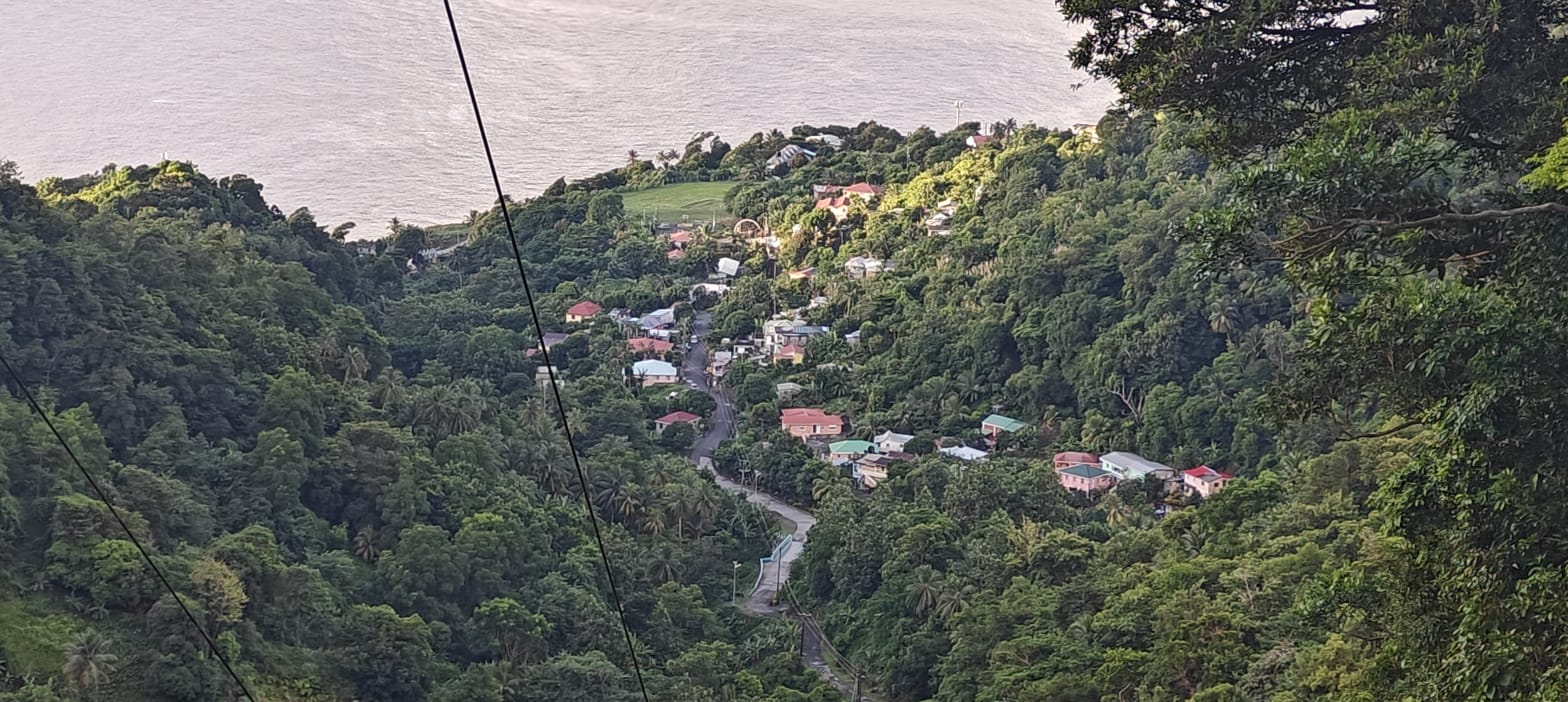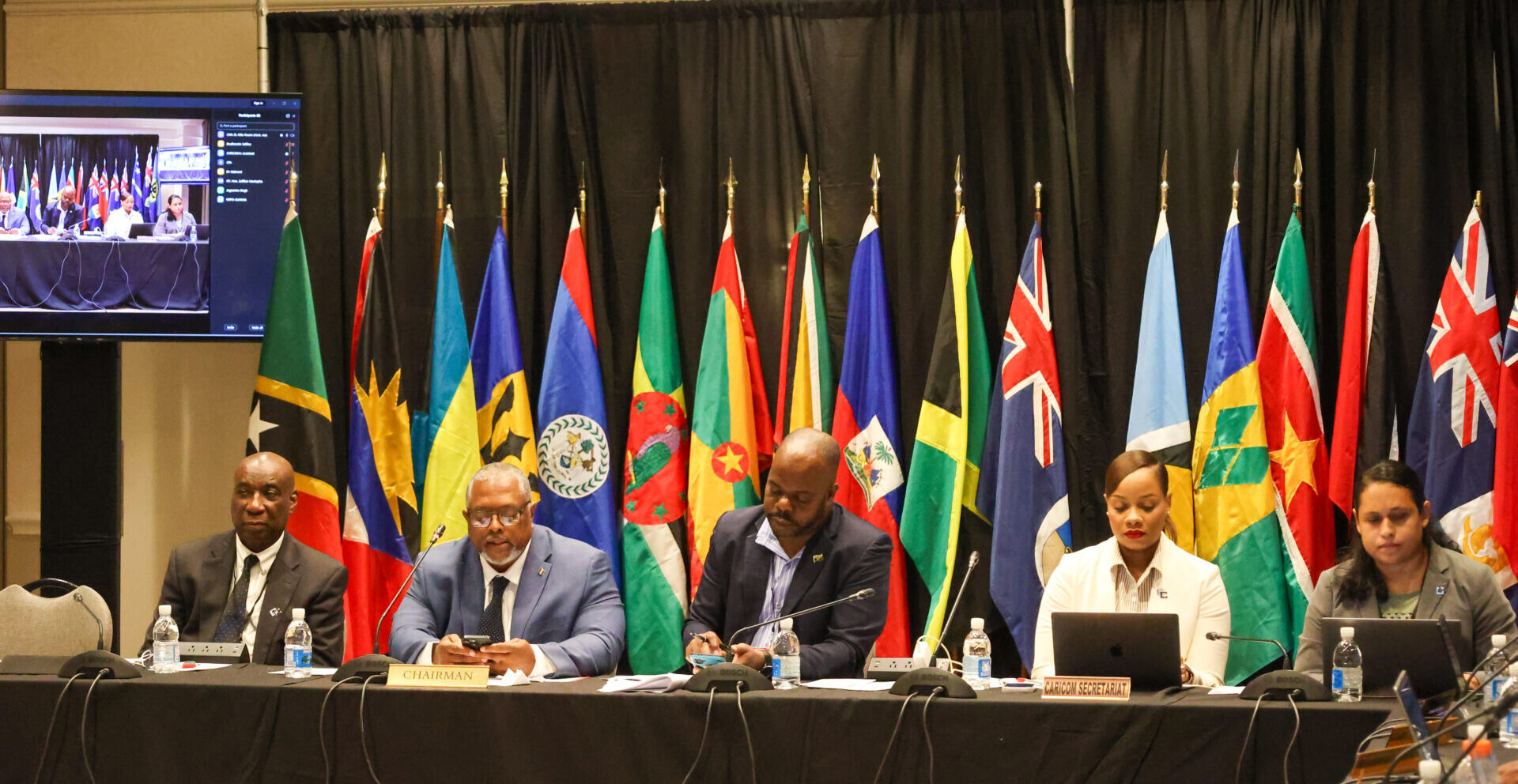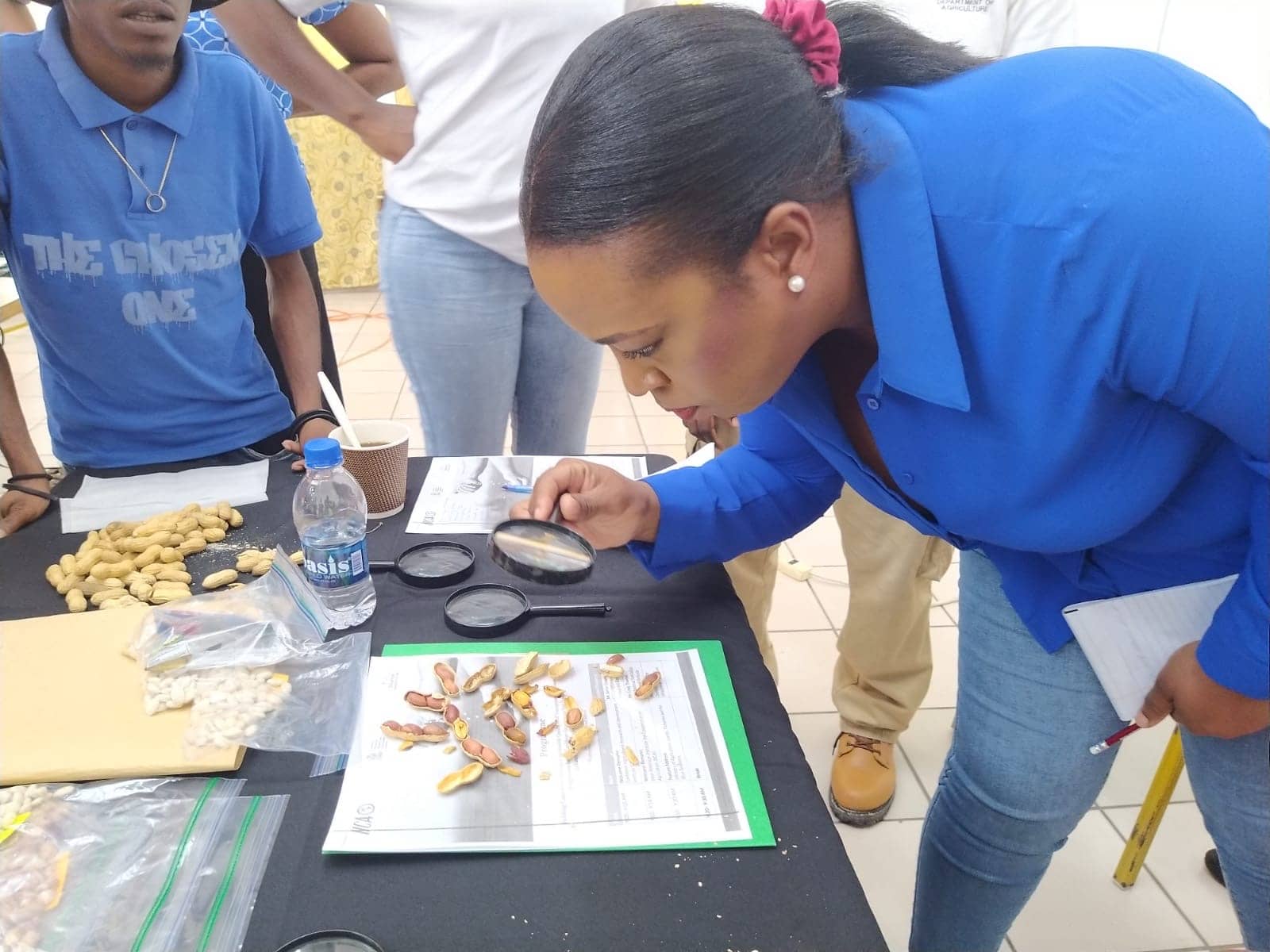The Surinamese government’s decision to withhold subsidies from rice farmers has sparked widespread concern, not only for the agricultural sector but for the entire nation. Rice fields in Nickerie, often referred to as the lungs of the country’s food supply, are under threat as the government turns its back on the very people who sustain the nation’s food security. Farmers in Nickerie are grappling with rising costs of fertilizers, fuel, labor, and maintenance, while fluctuating global market prices further exacerbate their struggles. These farmers are not just producers; they are the backbone of national food security, employment, exports, and economic stability. Without government support, they risk falling into a cycle of high-interest commercial loans, while cheap imported rice from Asia floods the local market. This could lead to reduced production, increased imports, higher consumer prices, and growing poverty in agricultural districts. The refusal to invest in farmers signals a dangerous shift towards dependency on foreign food chains, a risk Suriname cannot afford. In contrast, developed nations like the Netherlands, the U.S., and India prioritize agricultural subsidies to ensure food security and support sustainable production. Subsidies are not a handout but a strategic investment in irrigation, mechanization, storage, and efficiency. The government’s rigid stance, without offering alternative solutions, reflects shortsightedness rather than strength. True leadership involves investing in the sectors that keep the nation running. Suriname cannot rely solely on oil and mining; without agriculture, Nickerie, and the rice fields that have fed generations, the country risks losing its soul. It is time for the government to shift from distant policies to active engagement, recognizing that neglecting the rice farmer today will lead to scarcity on every plate tomorrow.
分类: society
-

FEATURED PHOTO: Can you guess this location of the village nestled into the valley?
Nestled within the tranquil embrace of a lush valley lies a picturesque village that seems to have been plucked straight from a storybook. The idyllic setting, with its charming cottages and verdant surroundings, invites curiosity and wonder. The image, shared widely on social media, has sparked a wave of speculation as viewers attempt to pinpoint the exact location of this hidden gem. The post encourages individuals to showcase their geographical knowledge by guessing the village’s whereabouts and sharing their insights in the comments. This engaging activity not only fosters a sense of community but also highlights the beauty of lesser-known locales across the country. The village’s serene ambiance and breathtaking scenery serve as a reminder of the natural wonders that often go unnoticed in our fast-paced world.
-

New head of PISLM highlights key soil care resolutions for region at Caribbean Agriculture Week
Dr. Ronen C. A. Francis, the newly appointed Executive Director of the Partnership Initiative for Sustainable Land Management (PISLM), has reiterated the organization’s unwavering commitment to promoting sustainable land and soil management across the Caribbean. Speaking at the 19th Caribbean Week of Agriculture in St. Kitts and Nevis, Dr. Francis outlined key strategic initiatives and projects endorsed by PISLM’s Ministerial Council earlier this year.
-

EU personal data protection rules affect economic and financial players in Dominica and the wider Caribbean
For individuals outside the European Union, the concept of privacy and its implications on daily legal, social, medical, financial, and business transactions often remains overlooked. However, the EU’s stringent privacy regulations serve as a crucial wake-up call for third-country residents, highlighting the importance of safeguarding personal data. These regulations mandate the protection of natural persons’ data during its handling, processing, and use, ensuring accountability for processors, handlers, users, and data owners alike. The EU’s legal framework equips authorities with robust mechanisms to address breaches, misuse, or inadequate protection of personal data, with consequences tailored to factors such as the context, timing, and manner of data sharing. Recognizing the evolving nature of transactions and the heightened exposure of personal data, the EU has proactively updated its privacy laws. These updates aim to empower individuals with greater control over their data while compelling businesses—whether in Dominica, the EU, the US, Barbados, or elsewhere—to handle personal information responsibly. Marcia B. Moulon, Esq., a distinguished attorney with expertise across multiple jurisdictions, underscores the significance of these regulations in fostering global data protection standards.






